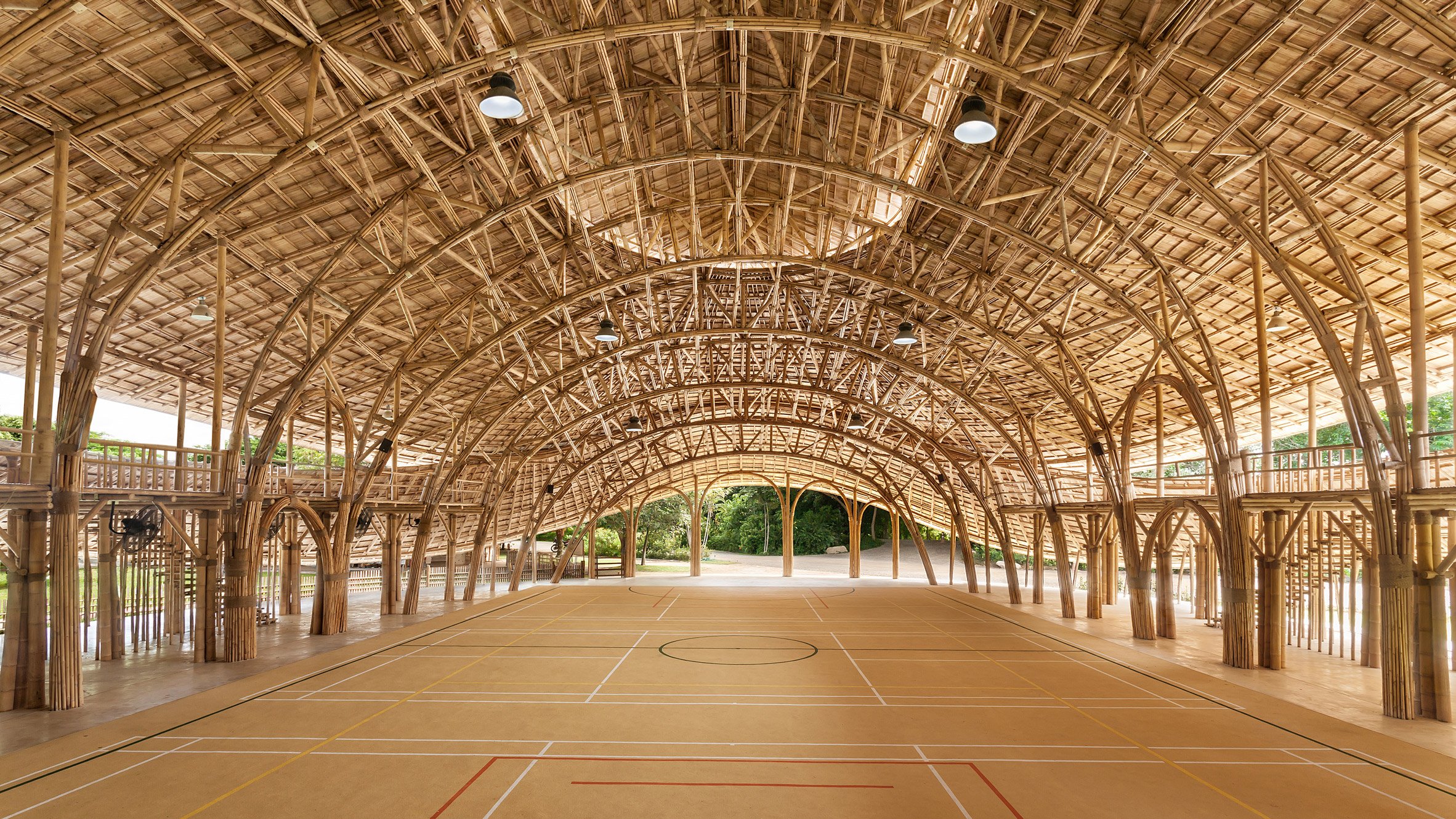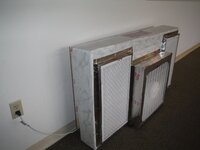PedalUma
Well-Known Member
- Region
- USA
- City
- Petaluma, CA
I can imagine seeding bamboo mats with seaweed. They would self-float without a buoy and self-sink. The bamboo is itself fast growing, sequestering carbon. It would be cool if it could trap plastics and sink them also to slowly go under the seabed to become crude oil in 90,000 years. Yes it is a technological fix. But it is using natural processes.






